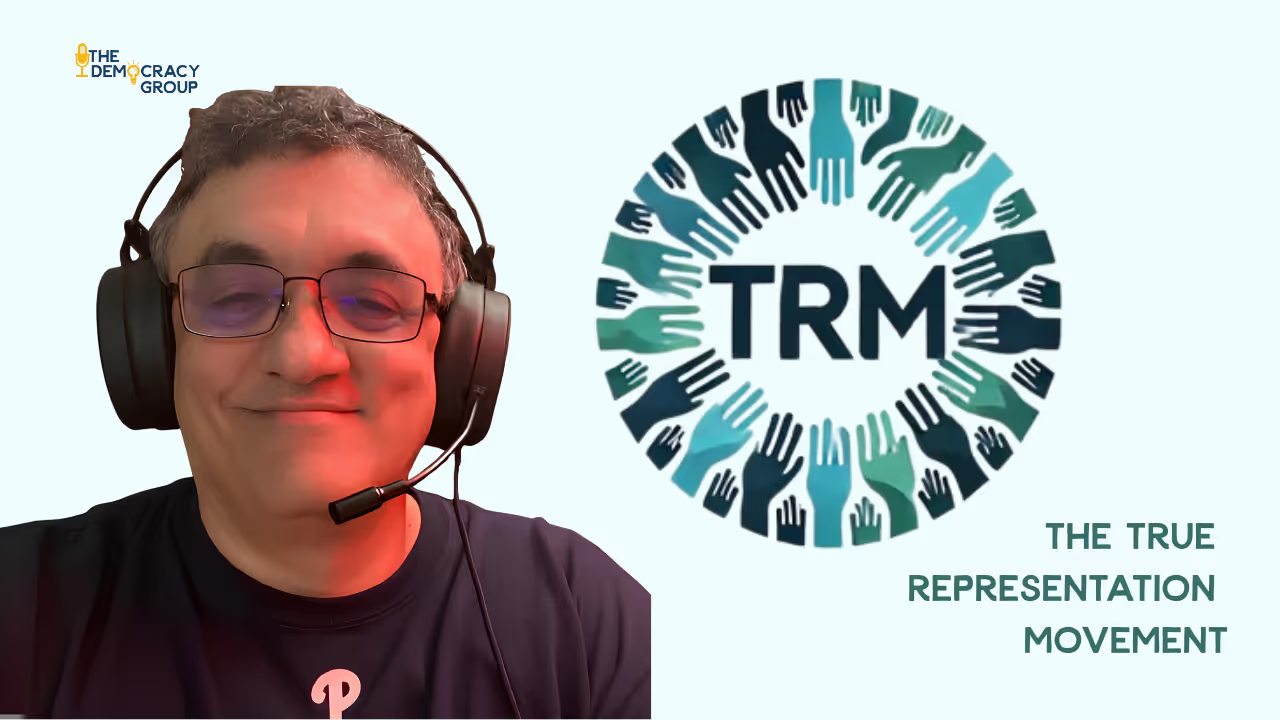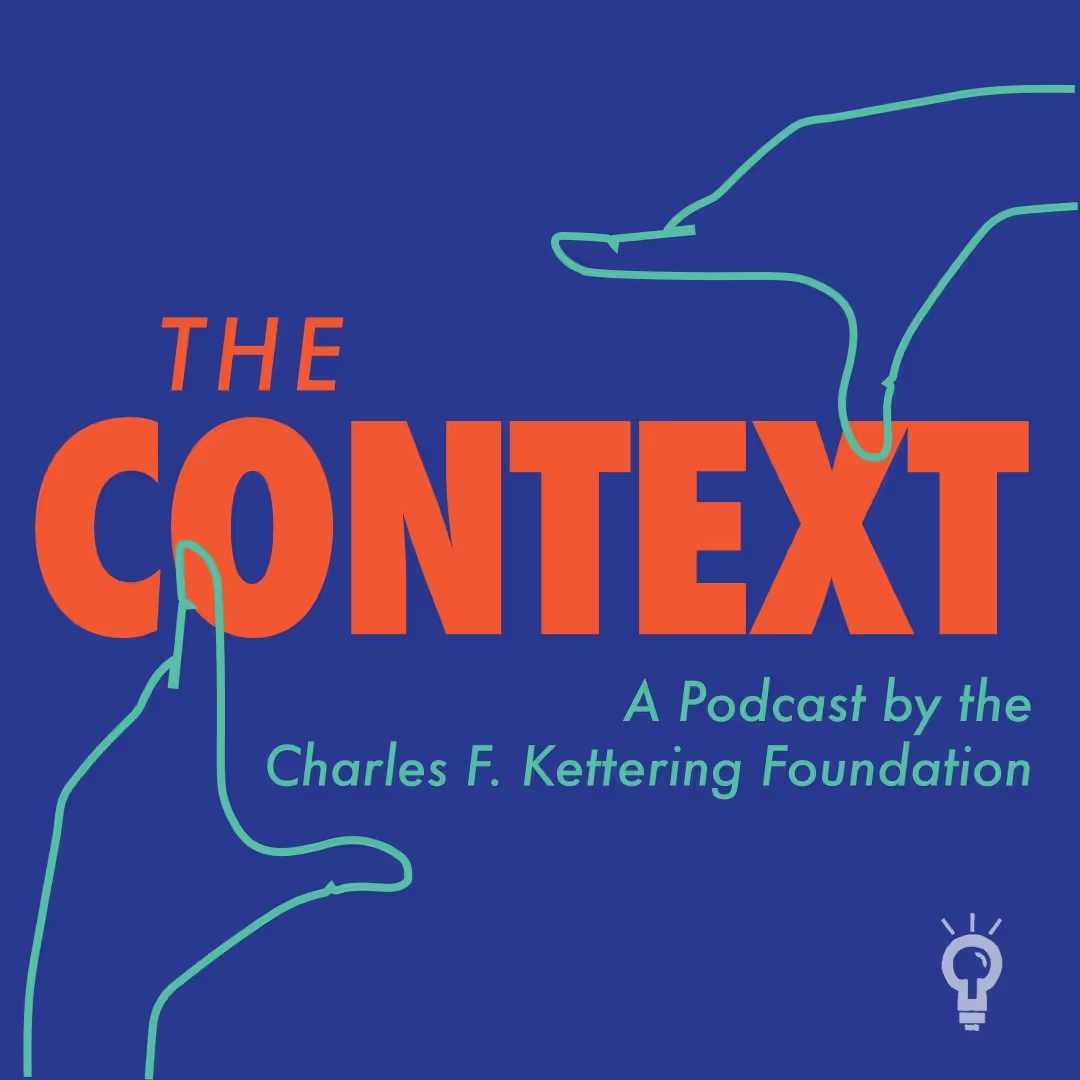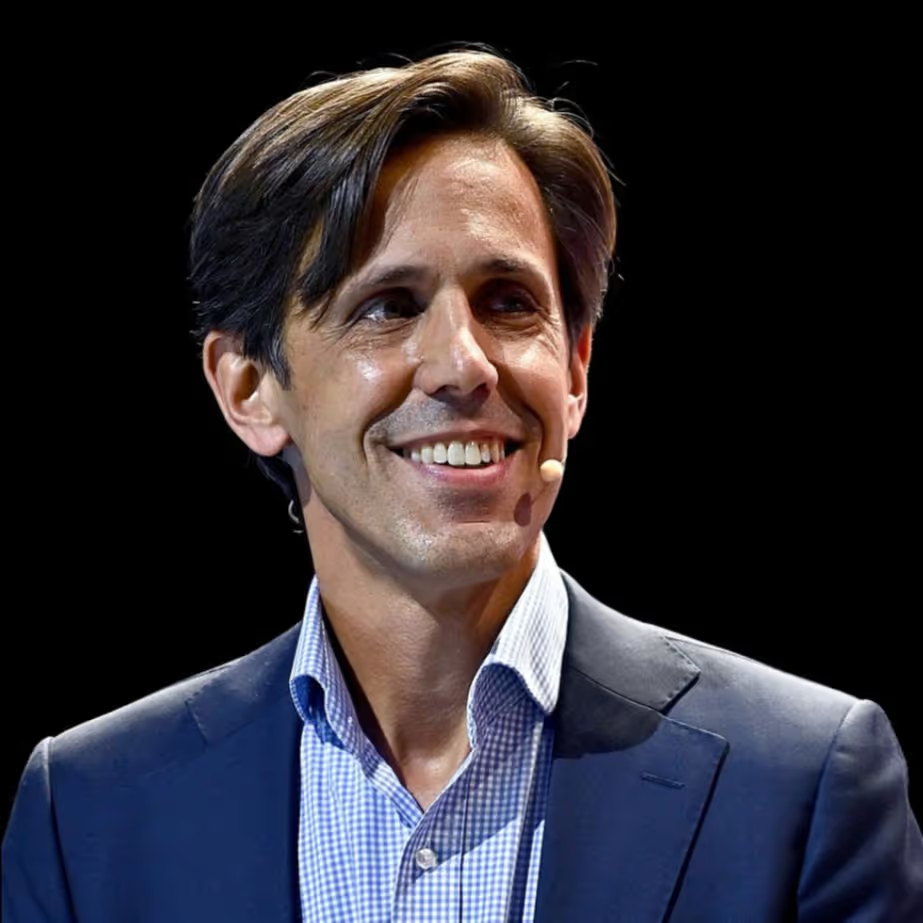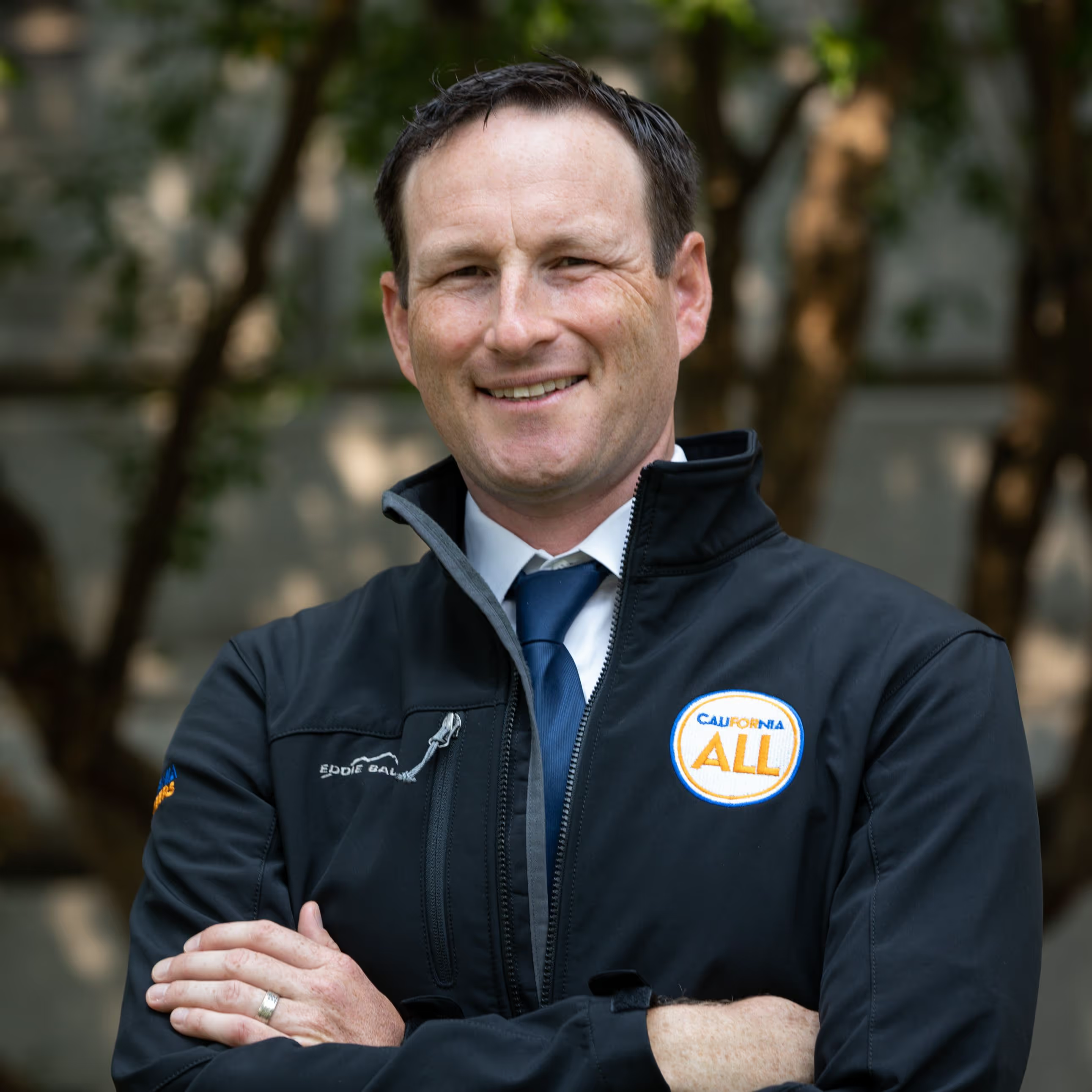
We’re excited to welcome the newest addition to The Democracy Group: The TRM Podcast — the official podcast of the True Representation Movement about issues on the front lines of the fight for democracy.
We caught up with host Ahmed Bouzid, founder of the True Representation Movement, about rapid developments in creating “ambitious” change since the organization was founded over a year ago, and using his background as a technologist to advance the good work in the democracy sphere.
What inspired you to create and lead the True Representation Movement on top of having a full-time job as a technologist?
Ahmed: Twenty years ago, I launched a successful movement focused on Palestine and how the Palestinian conflict was covered in the media. It was a grassroots movement in the sense that we created small groups that focused on newspapers and media outlets, engaging with them continuously to inform and provide a different perspective on the coverage. From there, I was heartened by the fact that you can mobilize regular people, not professional activists, and that if you build an organization that is bottom-up, truly democratic, has a clear mission and empowers these folks to act independently as local organizations, you can go very far.
I’ve always been interested in political theory, social change, issues of knowledge and epistemology, like who knows what or who has the authority to do what. I do have a day job — I have a company, that’s how I make my living. It’s one of the things I’m bringing to the table as well: How does a regular citizen, a working person, get involved? How do they get involved beyond the usual?
If you see all these podcasts on the left and the right, they’re very informative. You have a lot of people out there explaining what’s going on, yet the needle has not moved. So at the basic level, the diagnosis is that we are not represented by our representatives. The people and the representatives are not on the same page. If we want change, it has to be something radical but in a doable way.
How is TRM creating this change on the ground?
Ahmed: First, a lot of people don’t read through an entire bill when it’s proposed or understand what a bill is about in plain language. Titles are always manipulated by those who are advancing an agenda. AI allows us to do just that — understand a bill from an accurate summary.
Second, how do we get the representatives to represent the people? We can either find a moral person who’s committed to listening to the people, or we can create a new mechanism where we run a candidate who abides by the vote despite their personal beliefs. This means the person doesn’t have a stand on anything. They are an avatar of the people and vote the way the district votes.
The idea is to create a democratic swarm of 500 working-class people who are voting residents of the district where their representative lives. Those 500 people use Episdemos, the app we’re about to launch, which shows the bill the representative is about to vote on and the summary of that bill. The anonymous swarm can also discuss within the app. When it’s time for the representative to submit their vote, they simply look at what their swarm has decided on that bill and vote accordingly.
Did the TRM podcast help advance TRM’s agenda?
Ahmed: When you have a podcast, it shows people that you are real because they hear a voice and see real people. It’s not just words on a website. It’s actual conversations and it gives you credibility. A lot of the people I interviewed — activists, politicians, professors — they give the movement and the organization credibility.
We are in the process of trying to learn a lot and with the audience being our supporters, we’re asking questions and getting people to help us think through this thing, so there’s a level of thoughtfulness. It happens when you engage with people in deep dive conversations so that your audience sees this as a serious movement. It’s not just us going around and trying to make a lot of noise.

The TRM Podcast has many great episodes, but this conversation with Hugo Balta, The Fulcrum's executive editor, stood out to me. They discuss the principles of solutions journalism, the myth of media objectivity and the press's responsibility for holding the powerful accountable.
Bonus: TRM Deep Dives: Episode 1: The True Representation Movement -- An Introduction
Ahmed said this episode is the best way to introduce listeners to TRM and what the org does! Give this one a listen.
Subscribe to receive a biweekly collection of the hottest podcast episodes from the network, upcoming special events, expert features, and news from your favorite shows.
Subscribe to our NewsletterThis is Jessie Nguyen, The Democracy Group's Community Manager. Here are some of my favorite podcasts this week, check them out!

Guest Meredith Sumpter is the president and CEO of FairVote, a nonpartisan organization working for better elections for all. Sumpter discussed what ranked choice voting looks like on the ground, most notably in the NYC mayoral election, and her journey to working in public service, international politics and the democracy sphere.

Should we be worried about the integrity of upcoming elections? This episode said yes.
Guest Daniel Weiner, director of the Brennan Center’s Elections and Government Program, joined the episode to unpack the rising authoritarian tendencies in the U.S., election integrity in 2026 and 2028, how democratic institutions are responding, and why legal guardrails are more critical than ever.

Another great conversation on authoritarianism, this episode explores how democratic backsliding has become prevalent under the Trump Administration. Political professor Erica Frantz dissects personalism, what it means, how it applies to U.S. politics and increases the risks of authoritarianism.

David Simas is the managing director of Emerson Collective and a fellow at the USC Center for Political Future. He previously served as president of the Obama Foundation. Simas works to develop in-depth research projects and distribute findings and analysis on democracy, immigration, education and climate.

Josh Fryday is California’s Chief Service Officer and a member of Governor Gavin Newsom’s Cabinet. He is the former Mayor of Novato, his hometown and volunteered for the United States Navy as a member of the JAG Corps. Fryday is running for lieutenant governor in California.
Subscribe to receive a biweekly collection of the hottest podcast episodes from the network, upcoming special events, expert features, and news from your favorite shows.
Subscribe to our Newsletter.png)
We kickstart the year with the exciting release of our fall 2025 fellows' podcasts and their inaugural episodes!
Read Post
The Democracy Group's Best Of 2025 series is back for another year!
Read Post
Is Gerrymandering Legal? Learn what gerrymandering is, how it shapes elections before votes are cast, and what citizens can do to protect democracy from unfair maps.
Read Post